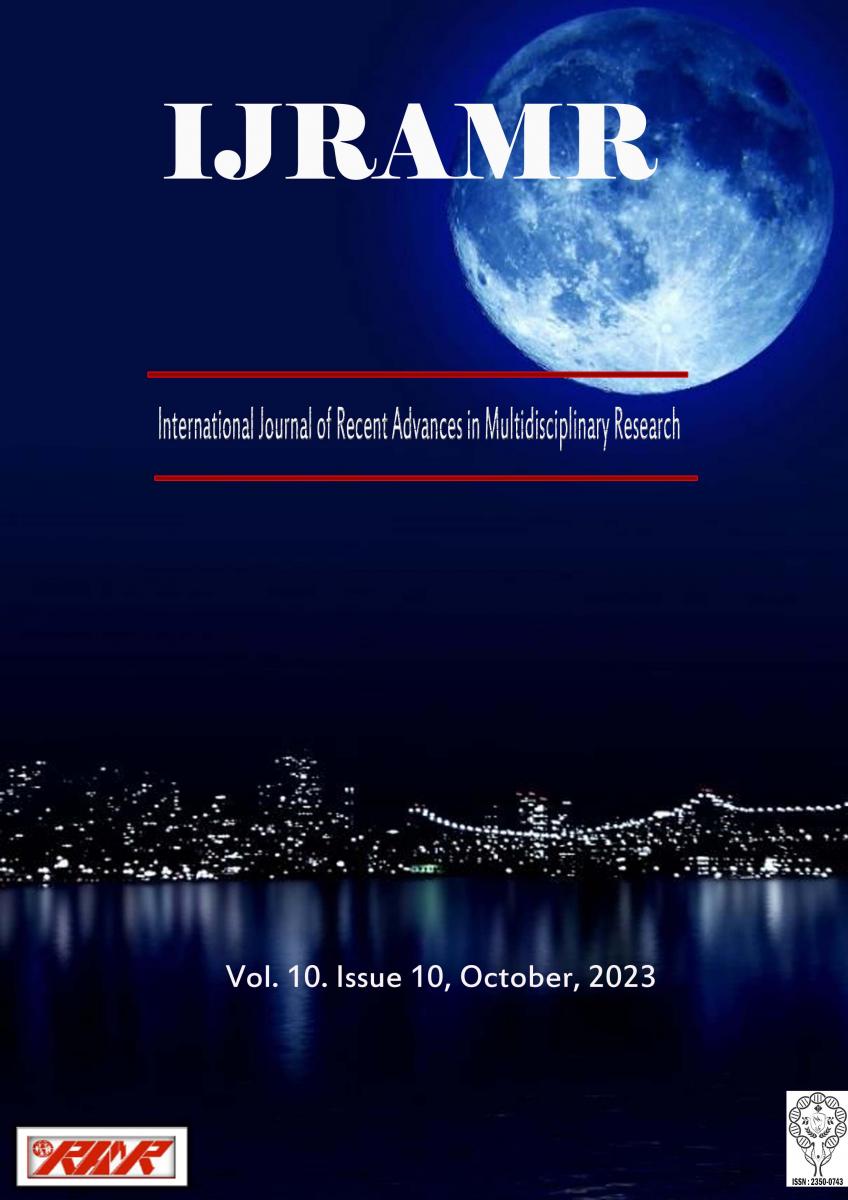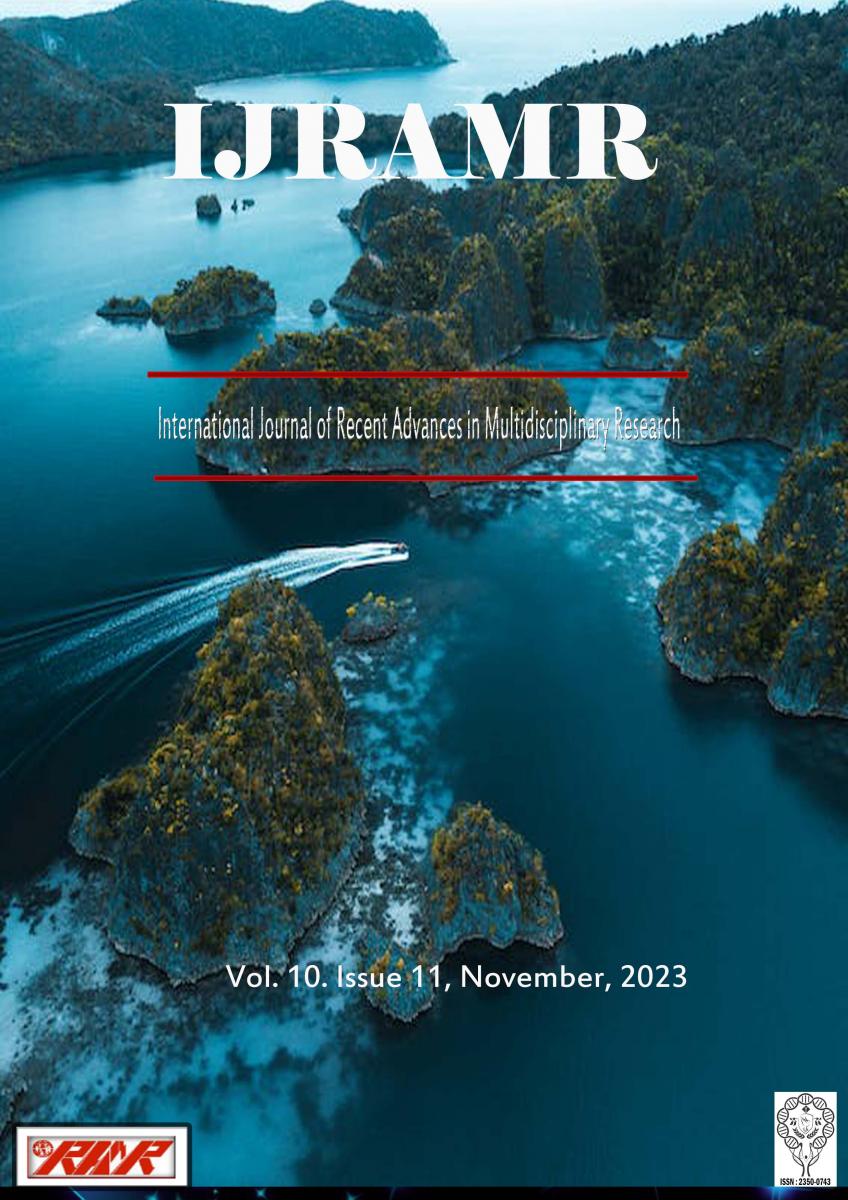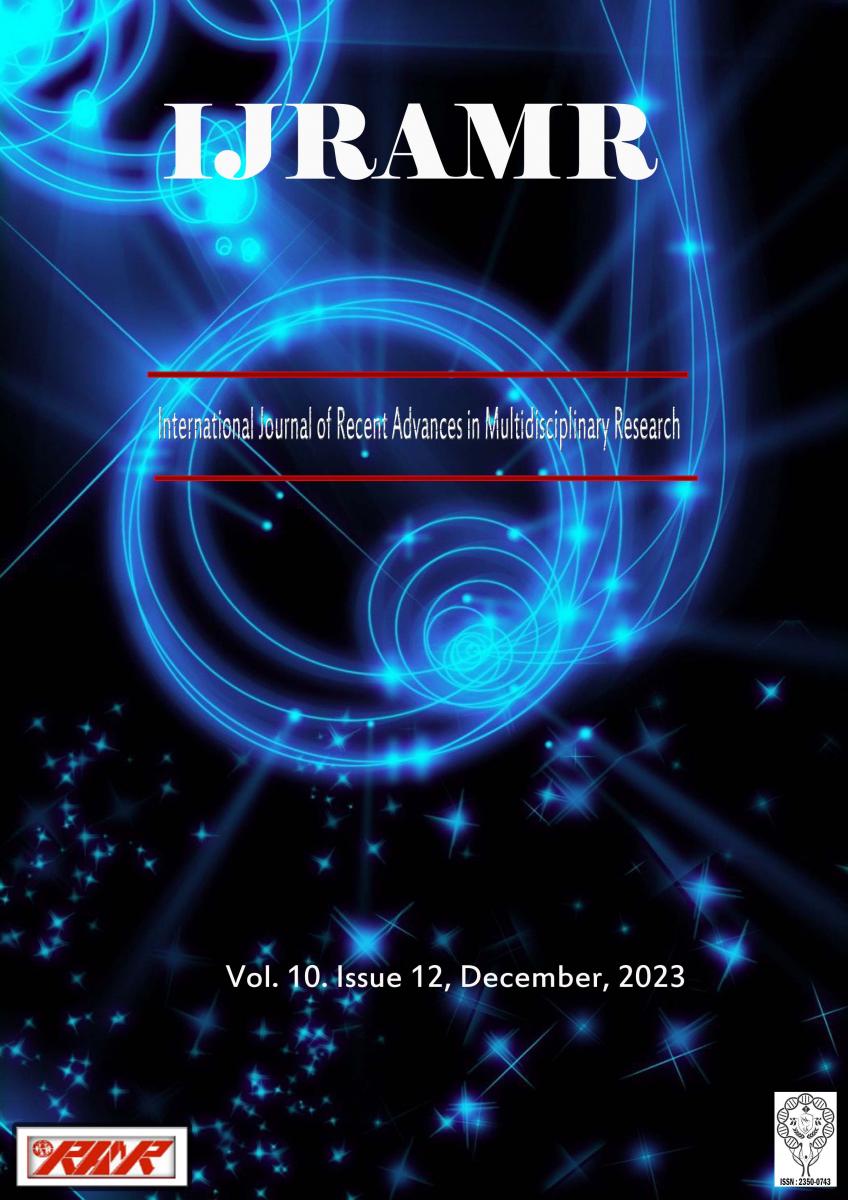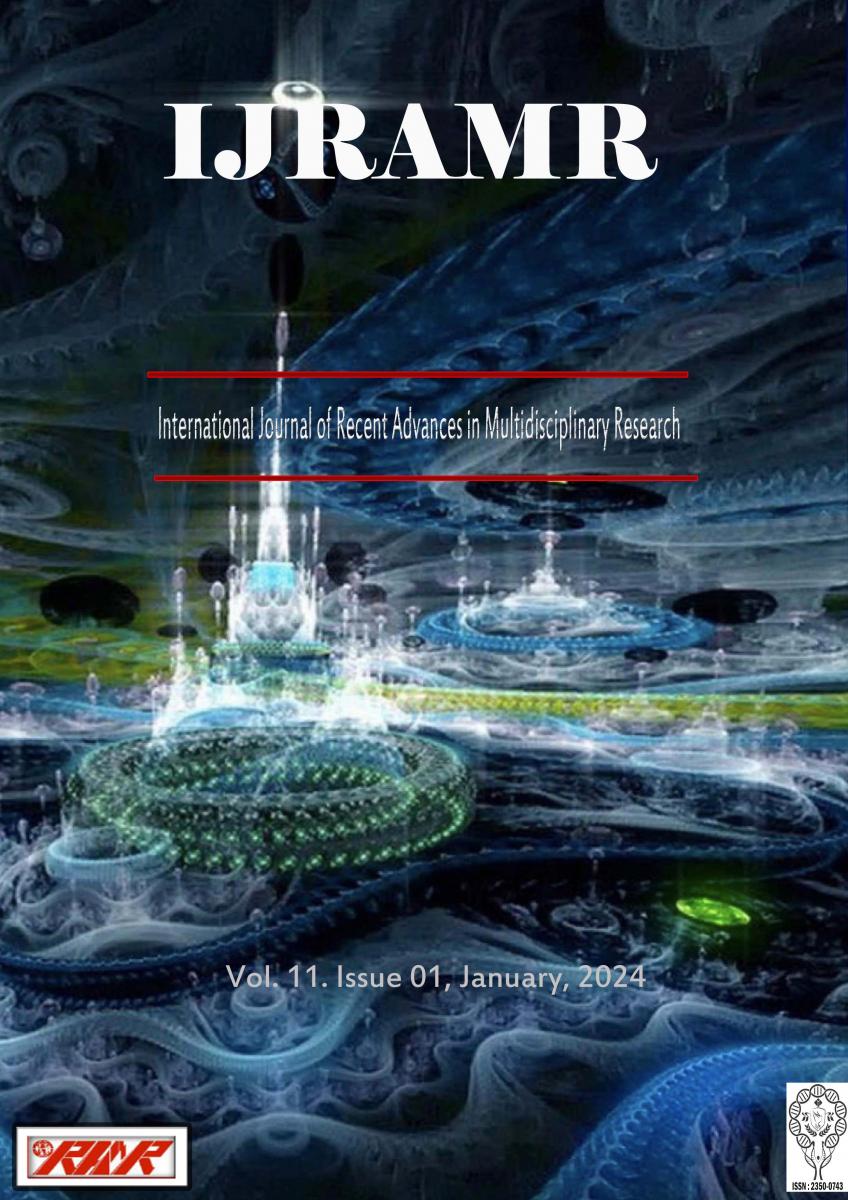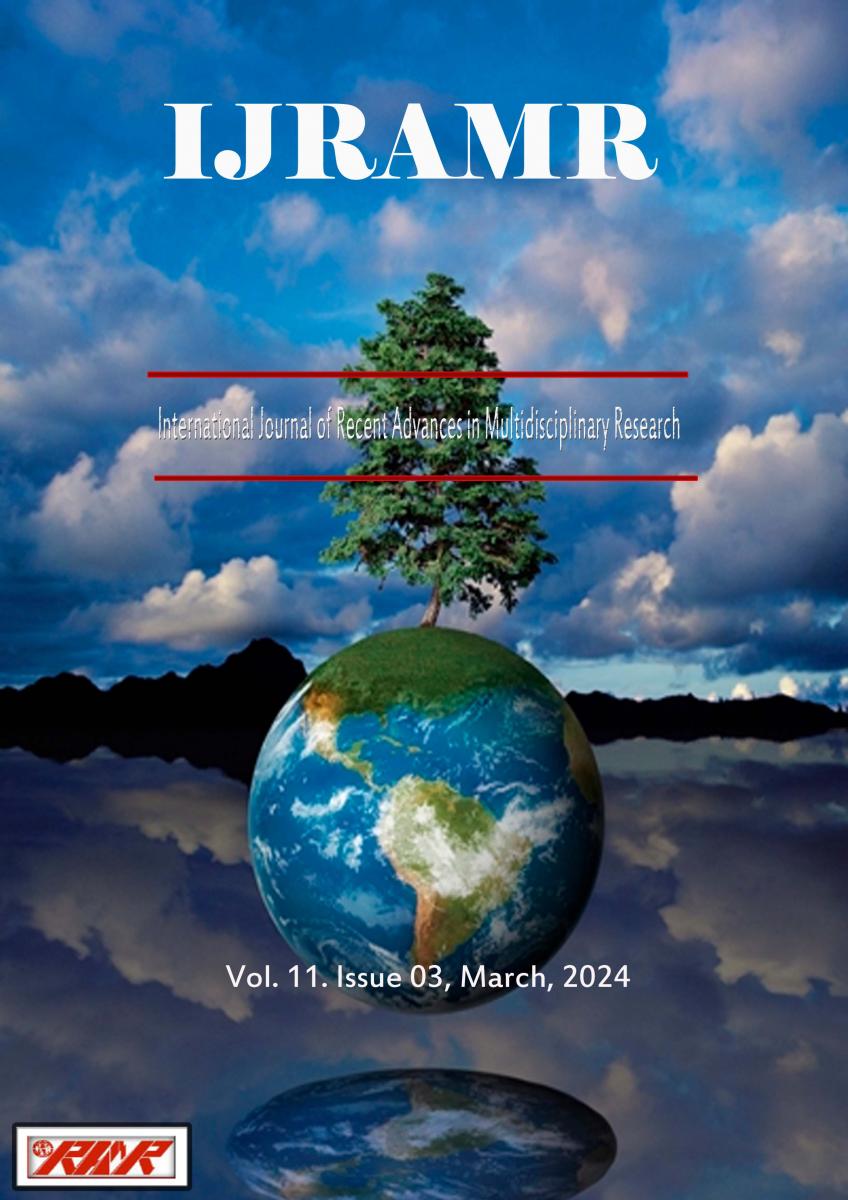Environmental degradation is a process which lowers the current and/ or the potential capability of land to produce goods or services in terms of qualitatively. Soil degradation and deterioration of the physical chemical and biological characteristic of soil is one facet of environmental degradation since soil is an integral component of environment. The rate at which environmental degradation occur differs from a climatic zone to another in terms of its causes, short and long term consequences. The northern states of Nigeria (11 states) which is 43% of Nigeria land mass are the most vulnerable for environmental and soil degradation. Some environmental degradation indicators identified in Northern Nigeria includes wind erosion, drought, deforestation, desertification, alkalinisation, salinization on the degradation of the environment, deterioration of vegetation cover and its biodiversity, soil crusting, sealing, salinization and hydrological degradation. The country is losing over 350,000 ha of the land yearly to desertification as a result of degradation. The main driving forces of these process includes scarcity or insufficient of rainfall and wind erosion. These effects can be overcome by increasing the number of adequately equipped metrological stations, irrigation, comprehensive ecological survey on soils, water and vegetation, scale afforestation projects, Shelter belt construction, Biochar amendment, green walling etc
